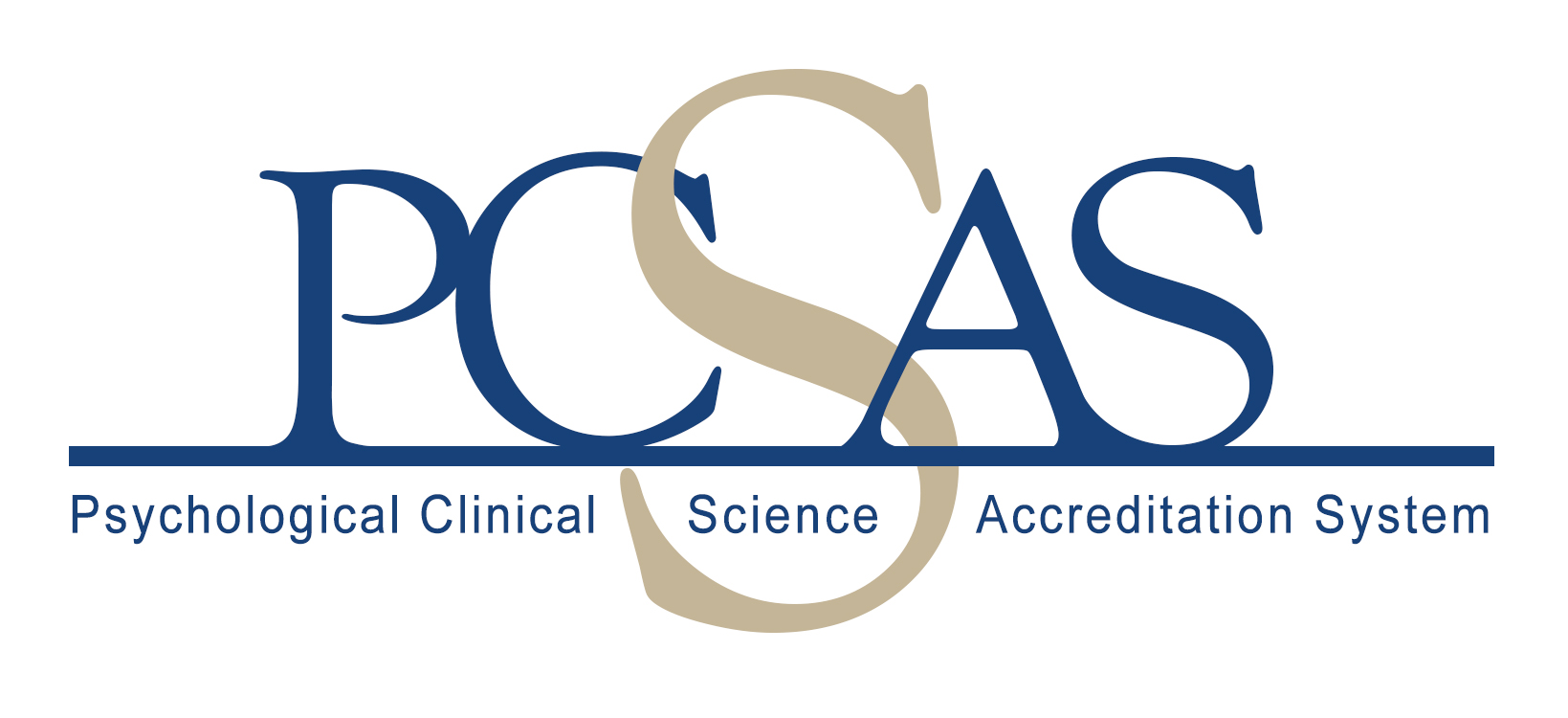When I applied for internship, I got the advice to steer clear of programs that "preferred" clinical to counseling psychology students. Friends of mine heard about their applications being tossed out of desirable VAs because they were not the "preferred" type of psychology student. Drawing that distinction works semantically, but fails practically. If an abundance of a "preferred" candidates exist for "x" spot, it will not matter if another candidate is just as competitive on other markers (pubs, grants, etc...). the representativeness heuristic plus time pressure would suggest that it's cognitively less taxing to simply go with what you know.
You have a bit of an is/ought problem here also. Applying that logic to gender and career choices, you might as well say: "Well, women are usually teachers and men are usually engineers, so it makes sense to create systems to codify what's already natural." Jordan Peterson might like that. But, I think the rest of us would have problems. In this case, though it might be true that counseling psychologists tend to go one way, PsyDs another way, and PhDs in Clinical psychology yet another way. It's far more shaky ground logically to suggest that it should or ought to be that way. The danger being that saying something should be one way or another further silos psychology in a groups of haves and have-nots, which in my opinion from what I've seen thus far, is one of our field's bigger problems.
I completely agree that accreditation reform needs to happen. My hope is that PCSAS is the Ross Perot of accreditation systems, in that it serves as a wake up call to APA that they will be no longer respected as a scientific organization if they continue to down-play the importance of scientific training in doctoral programs.

